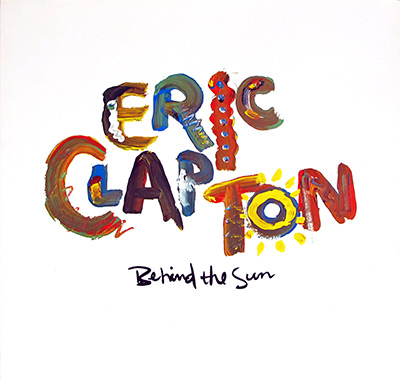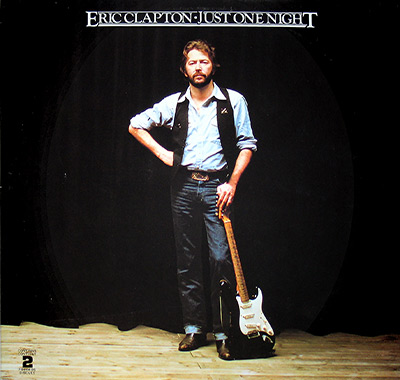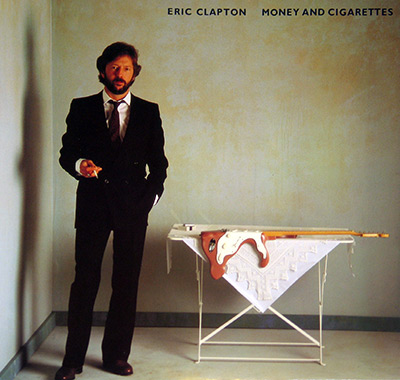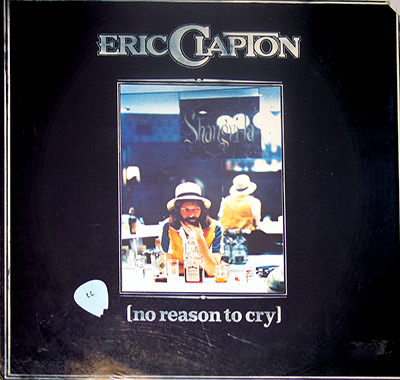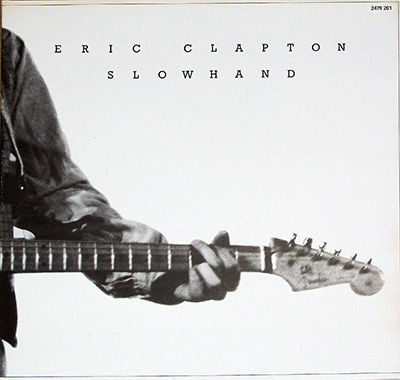Eric Clapton - Timepieces Vol II 12" Vinyl LP Album
- All Titles Records "Live" Between 1971 and 1979
"Timepieces Vol II: Live in the Seventies" is a 12" vinyl LP album released by Eric Clapton in 1983. The album features live recordings from Clapton's performances in the 1970s, showcasing his electrifying stage presence and guitar skills. It includes well-known tracks like "Badge" and "Layla," capturing the energy and excitement of Clapton's live shows from that era. This web page has photos of album covers, inner sleeves, record labels together with production details, musicians and track-listing.
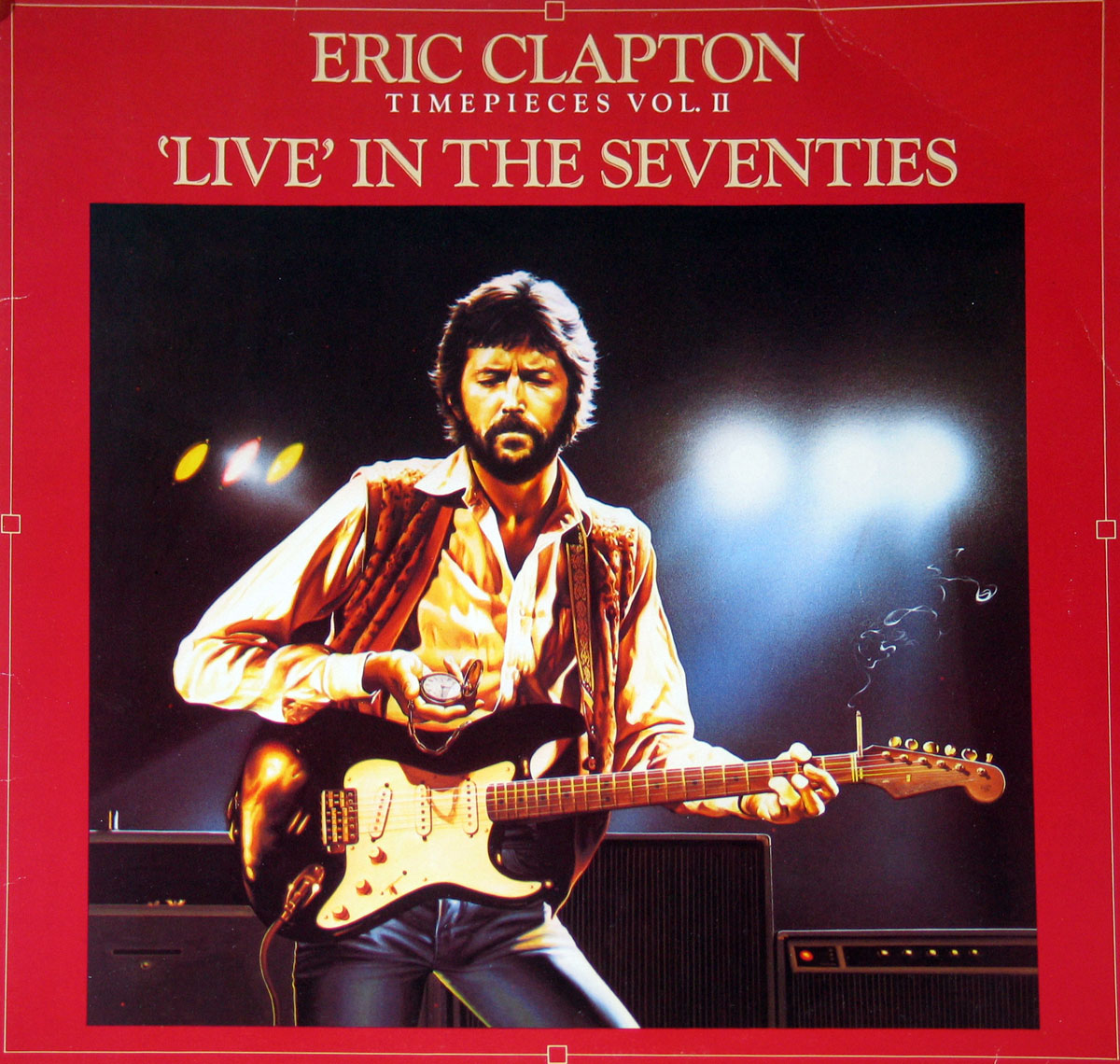
The cover of Eric Clapton: Timepieces Vol. II - ‘Live’ in the Seventies features a bold red border framing an illustration of Clapton on stage. He is depicted holding his iconic black Stratocaster guitar, mid-performance, with a look of intense concentration. His outfit—a white shirt, brown vest, and jeans—captures his signature 1970s look. The background hints at stage lights with a smoky, live atmosphere, giving the image a sense of energy and authenticity.
